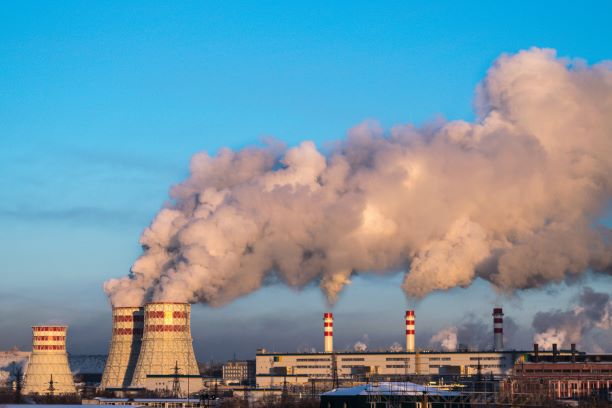

Yesterday, between Covid 19 updates, the headlines were about how coal, possibly the dirtiest fossil fuel in mass use, has become more expensive than any other fuel. As reported by Bloomberg, Australian Newcastle coal, a good benchmark for global prices thanks to Australia’s status as a pre minent exporter, was trading at over $67 per tonne on Friday, equivalent to oil at $27 plus per barrel. With oil prices actually slipping below that level currently, that makes coal top dog, in terms of gross usage as well as price.
While the oil price collapse has been driven by the demand destruction in transportation, followed by a bruising marketshare war between key producers Russia and Saudi Arabia, coal hasn’t quite faced the same challenges, yet. But that is hardly going to offer any comfort to the sector. Besides being pricier than oil, coal is already on a phased withdrawal plan across major economies, from the US to most of Europe. China and India, notably, have held off on reducing usage due to much higher dependence on the fuel, till now. However, while China was expecting to hit its peak coal usage in 2020, India has projected increased demand right upto 2030, before a possible start of reductions.
However, the Covid 19 effect will be massive in both cases. While the China numbers are likely to be well below projections, India has interestingly already been trending lower on coal usage. 2019 was the first year when coal usage growth actually slipped, due to lower power demand and energy from other sources, notably Hydro, renewables and going forward, more nuclear too. With the Coronavirus tripping up industrial demand, it seems safe to assume not only a further drop this year, but a possible recovery could have to wait really long. In other words, the pandemic has achieved in months that governments and business claimed would possibly take even a decade, even if thanks to an unacceptable demand shock for the global economy. But to think lessons will not be learnt in the post covid era, would be unreasonable, as we will see below. That means be it a country like Australia, or a firm like Adani Power, the future is here.
A second impact, that will become more obvious with time, is the leverage governments get over corporate behaviour, with every extra support that is extended to revive firms and sectors. Some, like cruise liners for example, face a very real possibility of being allowed to die, thanks to the extremely poor record of these when it comes to polluting the oceans, being very vulnerable to outbreaks, and with their biggest user segment, the retired elderly, at highest risk from the Coronavirus or future outbreaks of a similar nature. While a one time helping hand to save them cannot be ruled out, with President Trump himself partial to the sector, it has to be argued that the sector fails the sustainability test, if it requires repeated support, especially when the Coronavirus threat will not really abate for a full year. Multiple other sectors will be more amenable to guidelines imposed from above now, as their leverage disappears with government backed handouts. With demand destruction a reality across many, the old excuse of disruptions due to compliance will no longer hold.
Finally, we come to possible long term changes that could be caused by lockdowns. As of now, well over 1.5 billion people worldwide have been kept at home, under orders or voluntarily. That will impact three of the biggest ways in which we leave our carbon footprint. Travel & Transport, Food, and other consumption . All three will be impacted, with the results already visible in terms of lower air, noise pollution, cleaner waters. Food is a much more tricky area, as the highest share of impact comes from beef consumption, but even here, with eating at home, wastage is expected to come down.
The silver lining that is truly sustainable is of course the impact of the new ‘minimum’ hygiene standards on both individual health(susceptibility to other diseases), and hopefully, the extra attention the healthcare system will get everywhere. That is something truly worth looking forward to.
In a significant move toward advancing green energy and industrial growth in the state, Himachal…
Golabl chemical conglomerate BASF has announced that its now offering the world’s first biomass-balanced polyethersulfone…
In a crucial stint to bolster the biogas sector and sustainable dairying in the country,…
TotalEnergies SE has received approval to proceed with its Middlebrook solar and battery project in…
Andhra Pradesh Chief Minister Chandrababu Naidu has inaugurated the Rs 1,000-crore green hydrogen plant of…
The BITS Pilani has developed an innovative solution for managing landfill leachate, domestic septage, and…